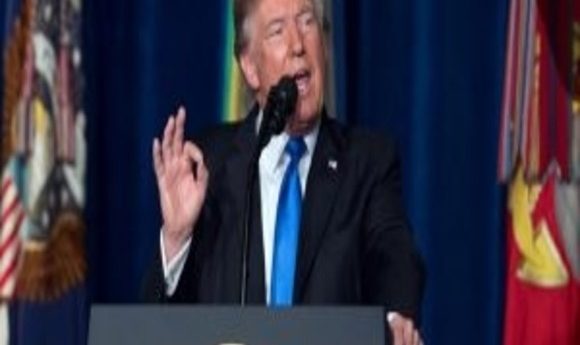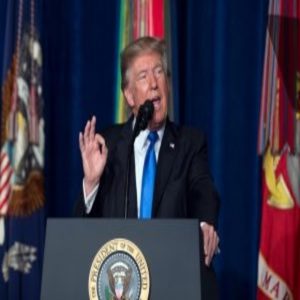Executive function: immigration and scientific research under President Trump

In the very early days of the Trump administration, the new president’s executive action on immigration promises to have an immediate, though “off-target,” effect on the scientific research community.

Immigration and the perceived risk of terrorist attacks by people entering the US were major themes of Donald Trump’s presidential campaign. So it was no surprise that President Trump would make significant changes to immigration policy during his first full week in office. However, the suddenness and scope of his Executive Action on January 27th banning entry to the US for all refugees, as well as citizens from seven predominately Muslim countries, left the public reeling, resulting in a weekend of bureaucratic confusion and protests across the country. But what does this new policy mean for scientists who fall into these excluded groups and for the research community as a whole?
A number of news outlets reported that researchers—from graduate students to post-docs to professors—were detained at airports or prevented from boarding flights to the US over the weekend due to the executive action. It’s important to note that, initially, the ban included permanent legal residents—people with green cards who have made the US their home—who are citizens of the seven restricted countries. A clarification to this policy by Homeland Security Secretary John Kelly on January 29th allows permanent residents to enter the US, but they will be subjected to extra security screening and approved for entry on a “case-by-case” basis.
The new policy also bans other individuals from the restricted countries from entering the US for at least the next 3 months—assuming efforts to abolish it sooner fail—even if they have already been granted visas. Many other refugees or citizens of targeted countries who already legally reside in the US now worry they won’t be let back into the country if they leave for any reason, be it personal or professional.
A number of universities, including Harvard, Cornell, Stanford, Northwestern, and New York University, have issued statements criticizing this executive action and expressing support for their students and staff affected by it, some explicitly recommending that these individuals postpone international travel plans for the time being. Principal investigators, department heads, and hiring managers in academia and industry will now be forced to consider whether bringing a student or post-doc into the lab or hiring a foreign scientist is worthwhile if that person might be denied entry to the US. In addition, projects may have to be put on hold if the researcher responsible is barred from the country, students and post-docs could suddenly find themselves without a PI, and universities may find themselves short an instructor.
Knowledge and cultural exchange are key elements in maintaining a thriving and diverse scientific community. Tighter immigration rules could damage that community by preventing researchers from attending scientific meetings, thus blocking the free exchange of ideas, or keeping the best person for a given position on the wrong side the border.
Although President Trump’s policies on scientific research have not been spelled out for the public yet, it is clear that this and other executive actions could have significant off-target effects on scientific research in the years to come. The concern is so great that a “March for Science” is planned in Washington DC on April 22, 2017, with a number of satellite marches in other cities in the works. The organizers announce updates through the March for Science Twitter account, which currently has almost 300, 000 followers.